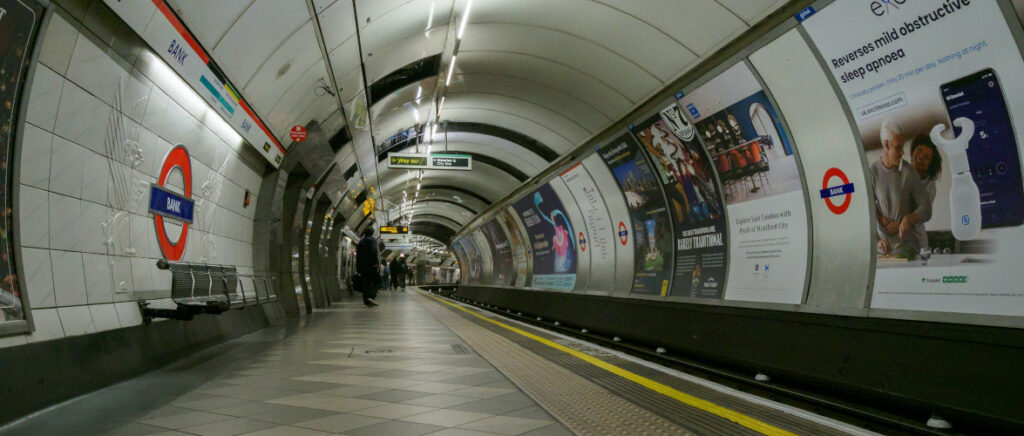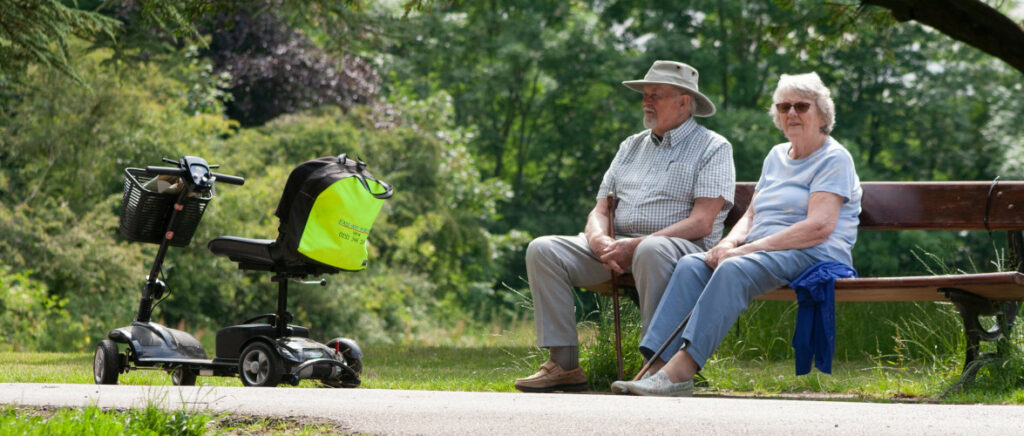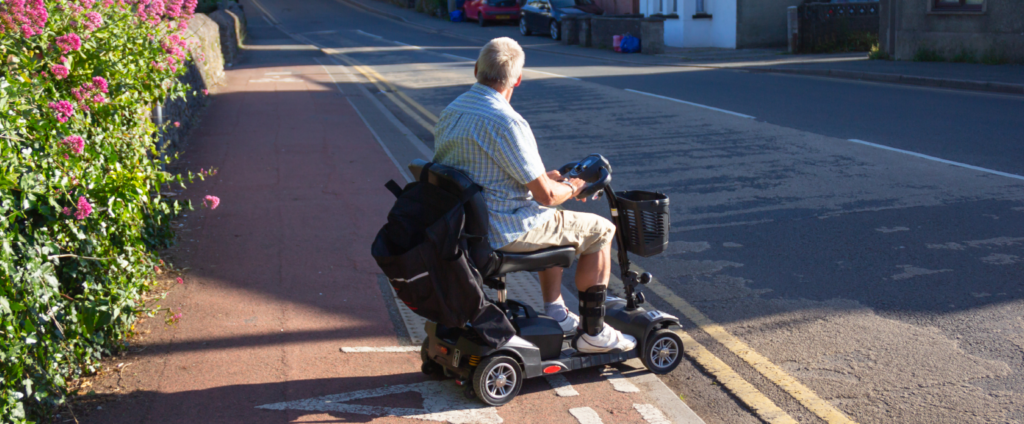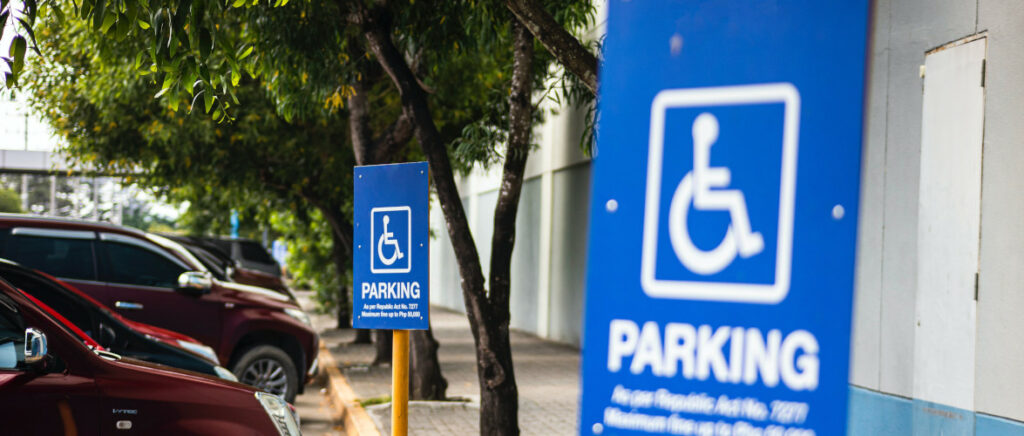Currently, in the UK, 20% of the population either uses a mobility scooter or knows a relative or friend who does. For many older individuals who rely on mobility scooters for everyday mobility, scooters play a crucial role in enhancing independence and assisting in movement when otherwise unable to.
However, using mobility scooters has its own set of rules. Users must first become acquainted with mobility scooter laws to easily face busy streets, pavements and roads for their own safety and the safety of those around them. The main mobility scooter regulation is that they should only be used in a public space if you have been medically advised to or if you have a physical disability that impacts your ability to walk.
If you are a new mobility scooter user, you may benefit from reading our article ‘Tips for first time mobility scooter users‘.
Mobility scooters are categorised into two groups: ‘Class 3 mobility scooters,’ which are designed for road use, and ‘Class 2 mobility scooters’, such as foldable scooters and pavement scooters, which typically don’t reach high speeds and are not designed for roads.
The first step to understanding mobility scooters is to differentiate the different types and how you intend to use them.
For example, foldable mobility scooters can offer many travel benefits with their quick fold-up fold-down capabilities, meaning they can fit into your car boot for easy storage and transportation. Likewise, road-legal scooters offer great independence as they can get on the road with speeds up to 8mph, and quick trips to the shops and back can be easily achieved. Only Class 3 mobility scooters, registered as road-legal, are allowed on the road.
If you are looking for a scooter option that lets you experience nature and shops up close, pavement scooters are a popular choice for tackling public walkways and spaces at a brisk walking pace of 4mph.
When considering a mobility scooter, it is important to research which key features you will need the most as some scooters may be more practical than others. Consider your lifestyle and what suits you and your budget best to choose the right mobility aid. It may be that your living location is more pedestrian-friendly and close to the shops, in which case a pavement scooter may be preferable if there is no need to opt for a larger road-legal scooter.
Pavement and portable mobility scooters are allowed in public spaces such as shops and supermarkets. These spaces already account for disability users through the Equality Act 2010. This law impacts all UK businesses and allows equal access to mobility scooter users with inclusive features, such as ramps and lifts, legally required where necessary.
As a result of this Act, when navigating shops, there should be plenty of aisle space to move around at your leisure. Additionally, retail staff will be more than happy to assist with reaching products in-store and packing or carrying your shopping at the checkout.
Yes, mobility scooters are allowed in hospitals. However, the size of your mobility scooter may impact the areas you are allowed to access in the hospital due to space limitations. Lightweight mobility scooters may be the best choice for regular hospital use, as there should be no issues with space or any potential weight restrictions in lifts.
Aside from this, some hospitals also offer specific scooter parking areas. In some instances, you may need to contact the hospital ahead of time to ensure they allow mobility scooter parking and to find out their mobility scooter policy. If not, you can ask for an alternative and they should provide you with a wheelchair or cart substitute.
Hospital policies can differ, so researching your hospital’s mobility scooter policy in advance will help assure you that you will be appropriately catered to upon arrival.
Yes, mobility scooters are allowed in pubs and restaurants in the UK. However, it’s a good idea to check with the pub or restaurant in advance to confirm that there are no space restrictions; they can set limits if there are safety concerns.
When inside, you should make sure that you do not block exits or walkways.
Mobility scooters are allowed on public transport and are ideal for travelling in all forms. However, in some instances, heavy mobility scooters may be denied access due to weight limitations, so a portable or lightweight mobility scooter may be more compliant with strict public transport limits.

The UK accommodates mobility scooter users on buses, trains and trams,with designated disability seating and spaces for mobility scooters or wheelchairs. They also have trained staff that can assist you with ramps and any schedule queries if you need help getting on and off on your journey. It’s always recommended to research and enquire ahead of your travels to make sure you will be properly accommodated.
With trains, you can book assistance (such as Passenger Assist with National Rail) via telephone/app/website to help with your luggage, and additionally enquire about the transport company’s policy, as they may be different across various train or bus services. When travelling by train, you may also be eligible for a free Disabled Persons Railcard, which can be beneficial as it offers discounts and savings on ticket prices for mobility users who meet the appropriate criteria.
Even abroad, your public transport methods are limitless as you can bring a mobility scooter on a plane or on a cruise ship if it meets airport weight regulations and is portable. With no restrictions on your holidays, you can easily bring along your mobility scooter to get around wherever you are.
Before you begin using a mobility scooter on the pavement, you will first have to become familiar with the mobility scooter rules and legal guidelines for scooter usage with consideration for pedestrian safety.

Legally, the UK Government states all mobility scooters must travel at a maximum of 4mph on footpaths or in pedestrian-friendly areas and you cannot park a scooter on a public walkway as this interferes with other pedestrians.
As a mobility scooter user, you are allowed to use your scooter in pedestrian areas, however, you cannot drive in cycle paths as this is designated for cyclists only for safety reasons. If, on your travels, you encounter any damage caused to your mobility device, it’s best to have insurance that will cover you against any potential claims caused by or to your scooter.

Mobility scooters designed for the road are classified as ‘Class 3’ road-legal mobility scooters and they come with their own set of highway code rules and road regulations for safe usage. The road rules for mobility scooters are essential to know, as these ensure your safety and the safety of other drivers. By keeping to the appropriate speed limits and avoiding restricted areas on the road, you can be cautious and travel with traffic laws and signals in mind.
Ensure you also know the UK laws for drink driving and mobility scooters to stay safe.
Use an electric wheelchair? Discover the rules for using a powerchair.
The UK is becoming an increasingly inclusive environment for scooter users and continues to make getting around easier for those with walking impairments.
To begin enjoying the benefits of transportation freedom and independence, use your mobility scooter safely and effectively by understanding mobility scooter laws and following proper road and pedestrian etiquette.
At Monarch Mobility, we have over twenty years’ worth of experience and expertise as one of the UK’s leading mobility specialists. We understand the demand for disability aids and how it can be a lifeline to many individuals who need the extra support.
With our diverse range of mobility equipment and scooters available across the whole of the UK Mainland, we can help find the right mobility scooter for you. We also offer advice on mobility grants, and how to finance your mobility scooter to spread out the cost.
Explore our full range of mobility scooters today or contact us today for personal recommendations tailored to your mobility needs.
If you’re living with a long-term disability or health condition, the PIP mobility scheme could make a big difference to your daily life. Through this government-funded support, you may be able to get financial help – or even access a PIP mobility scooter – to maintain your independence and mobility.
In this guide, we’ll explain what PIP is, who’s eligible, and how you can get a mobility scooter on PIP.
PIP stands for Personal Independence Payment. It’s a UK government a benefit which can assist those with long-term mental or physical disabilities, mental health conditions and those with difficulty doing everyday tasks because of an illness.
PIP is split into two parts:
How much you receive depends on how your condition affects your day-to-day life and mobility.
Yes. If you receive the enhanced rate of the mobility component of PIP, you may be able to obtain a mobility scooter through the Motability Scheme. This scheme allows you to lease a PIP mobility scooter, powered wheelchair, or adapted vehicle helping you maintain your independence and stay active.
Many people wonder, “Can I get a free mobility scooter on PIP?”. While the scooter itself isn’t free, the Motability Scheme enables you to exchange your mobility allowance to cover the lease – meaning there are no extra upfront costs, insurance, or servicing fees. It’s often considered a free mobility scooter scheme because most of the costs are already included in your allowance.
You may qualify for the PIP mobility scheme if:
You can usually claim PIP even if you’re already receiving other benefits.
If you aren’t eligible for PIP, don’t worry, there may be other mobility scooter grants available to you.

Once you’ve confirmed that you’re eligible for PIP, you can apply by following these steps:
For more detail, visit the government website.
If you’re awarded the mobility component of PIP, you may also qualify for:

Applying for PIP can be life-changing. By getting a mobility scooter on PIP via the Motability Scheme you can enhance your independence and quality of life.
At Monarch Mobility, the UK’s leading mobility specialist, our experts can guide you through the application process and help you to choose the right mobility aid for your needs.
Contact our friendly team today to learn how the PIP mobility scheme can help you access the perfect mobility scooter for your lifestyle.